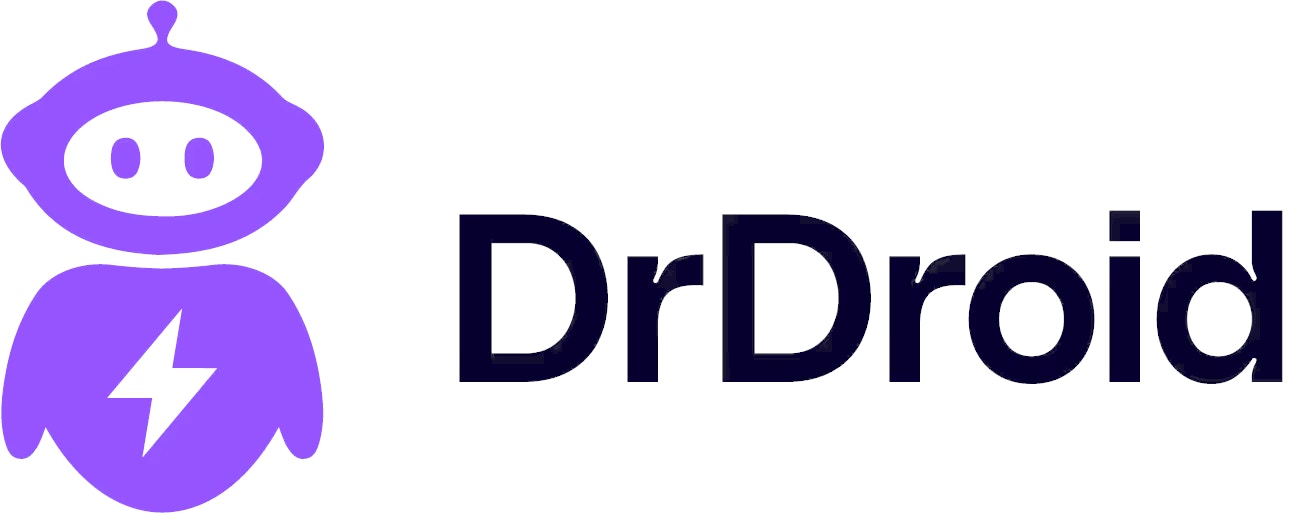Doctor Droid Proxy Service: Just-In-Time Data Access
Doctor Droid’s proxy agent enables you to connect DrDroid with your k8s cluster and any other data source integrations within your VPC. For example, while investigating some issues, it might be required to run kubectl commands or data fetching query in mongoDB instance that might be within your VPC. Using the proxy agent enables the Doctor Droid platform to query commands / fetch data during an investigation. The Agent runs inside your VPC and acts as a reverse proxy to connect with your metric sources and send metrics and related data to doctor droid cloud platform. The agent is designed to be lightweight and easy to deploy with only egress tcp calls to Doctor Droid Cloud Platform.- Grafana
- Grafana Loki
- Cloudwatch
- Kubernetes
- Azure AKS (via native Kubernetes)
- AWS EKS (via native Kubernetes)
- GKE (via native Kubernetes)
- New Relic
- Datadog
- Opensearch
- MongoDB
- Github
- Postgres
- Any SQL Database (via Sql Connection String)
- Bash Commands
- Azure
Env vars
| Env Var Name | Description | Required |
|---|---|---|
| DRD_CLOUD_API_TOKEN | Authentication token for doctor droid platform | True |
Installation
To get started create an agent authentication token by visiting siteDocker Compose
- Create credentials/secret.yaml file with valid credentials. Secrets format for different connections can be referenced from: credentials/credentials_template.yaml.
Helm
- Add the secrets for the integrations in helm/configmap.yaml file.
Refer to the image below for a sample:
- The agent will be installed in the namespace ‘drdroid’ by default. This can be changed in the helm/deploy_helm.sh file.
- Agent attempts to update its docker image automatically every day at 00:00 UTC. This is only possible if its installed with write access to its own deployment. If its installed with only read access, you’ll have to run the following commands everry time you want to upgrade it.
- Agent will have read access to the cluster and will be able to fetch the metrics from the cluster.
- For teams deploying with Helm, the agent by default has access to the kubernetes cluster where it’s installed. This does not require any entry into configmap.yaml.

